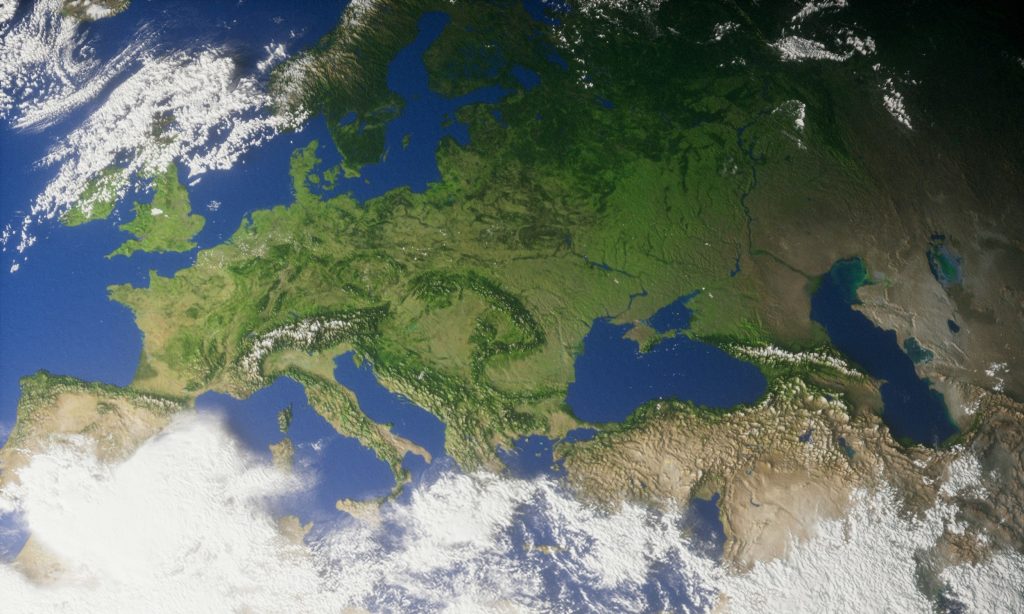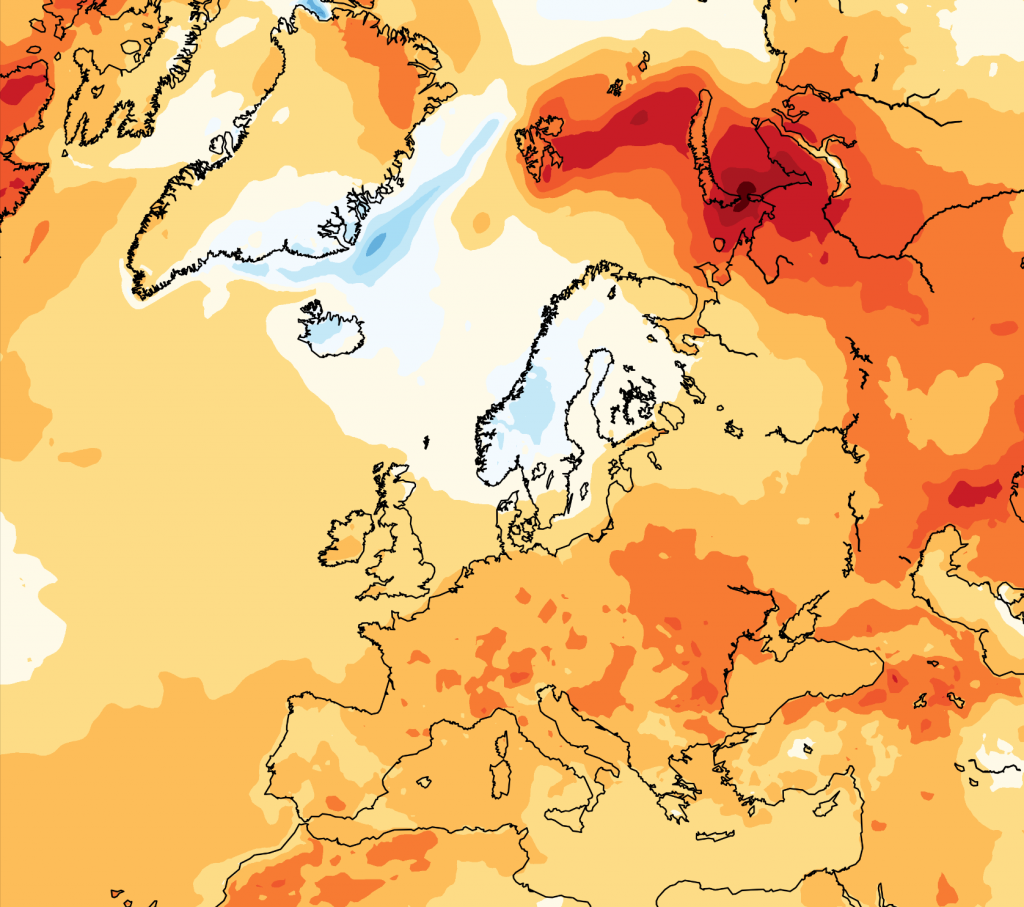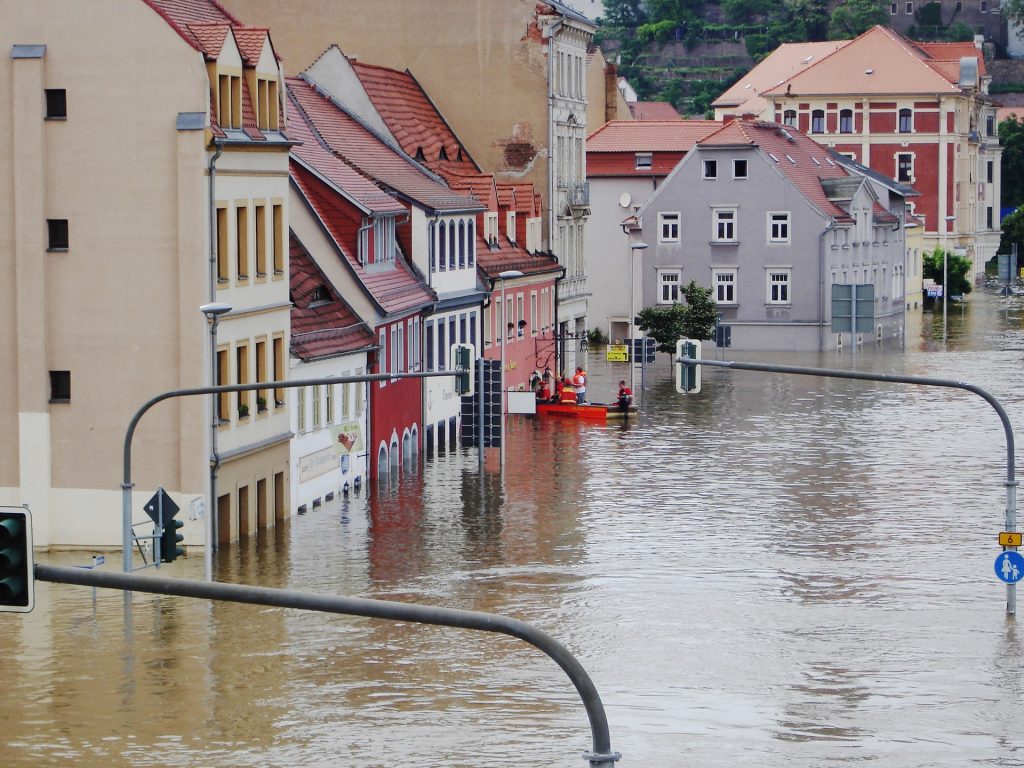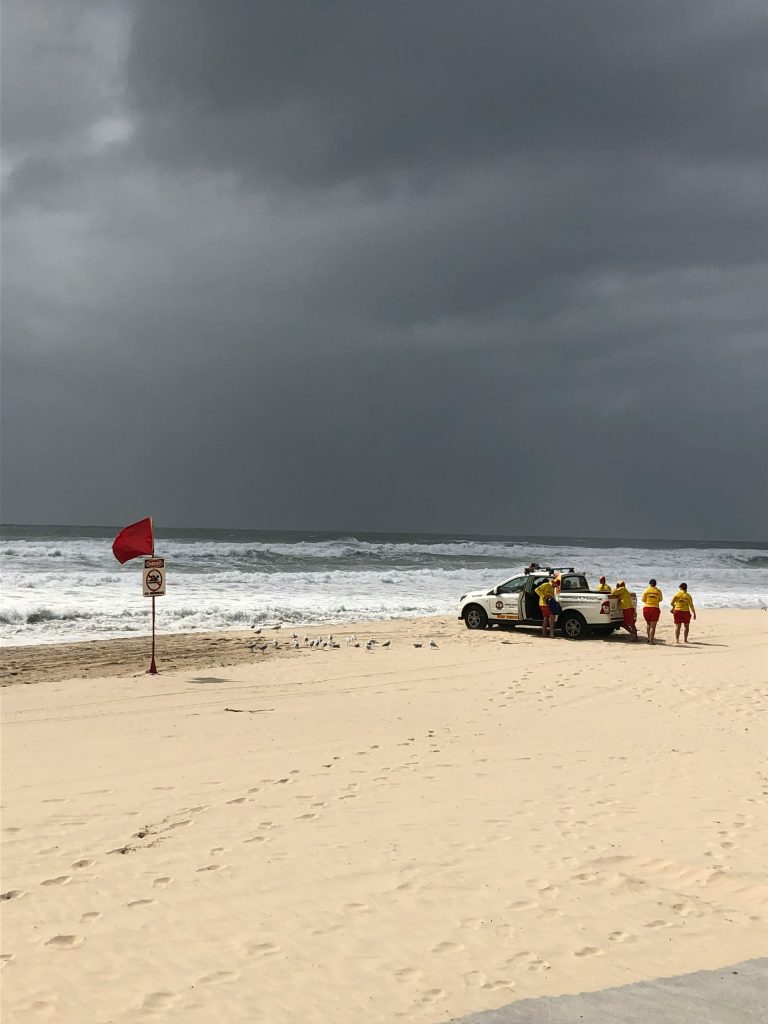
A climate compass: Advanced research directions to understand and design the future
The current effects of climate and the increasingly analytical understanding of what will happen in the future. Big data and the challenges of Machine Learning and Artificial Intelligence. Increasingly detailed and understandable climate data to better define policies and strategies for the interaction between human societies and nature. The European State of the Climate 2023 through the lens of CMCC’s research strategy in the words of Simona Masina, director of the Institute for Earth System Prediction, and Monia Santini, director of the Institute for Climate Resilience.











